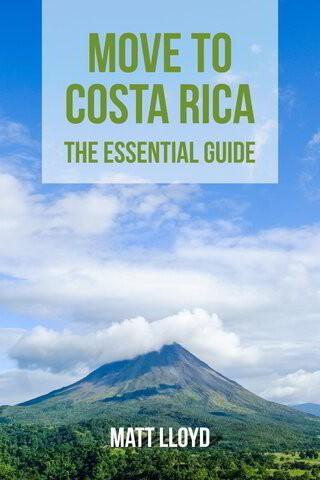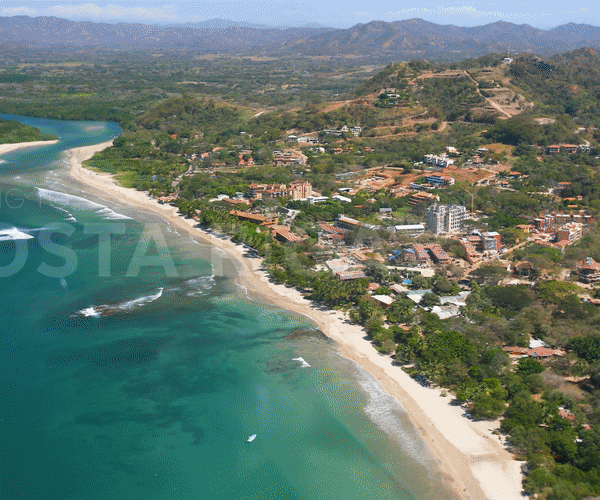The cost of the internet and phone can be confusing in Costa Rica, especially if you don’t speak Spanish, but both are necessary to live any life that isn’t off the grid.
If you ask people randomly, you’ll get as many different answers as people.
There are not only the costs associated with the internet and phone but also how to integrate them into the life you lead.
Phone companies and services in Costa Rica
You should be aware of three major phone companies in Costa Rica.
In order of popularity, they are:
Kolbi
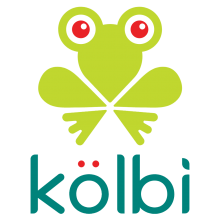
Movistar
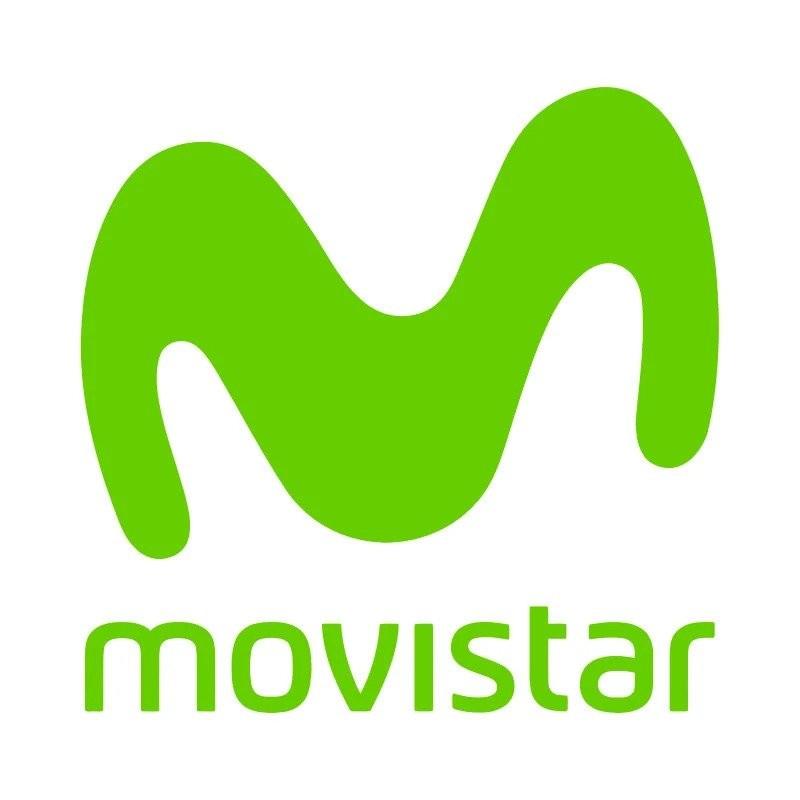
Claro
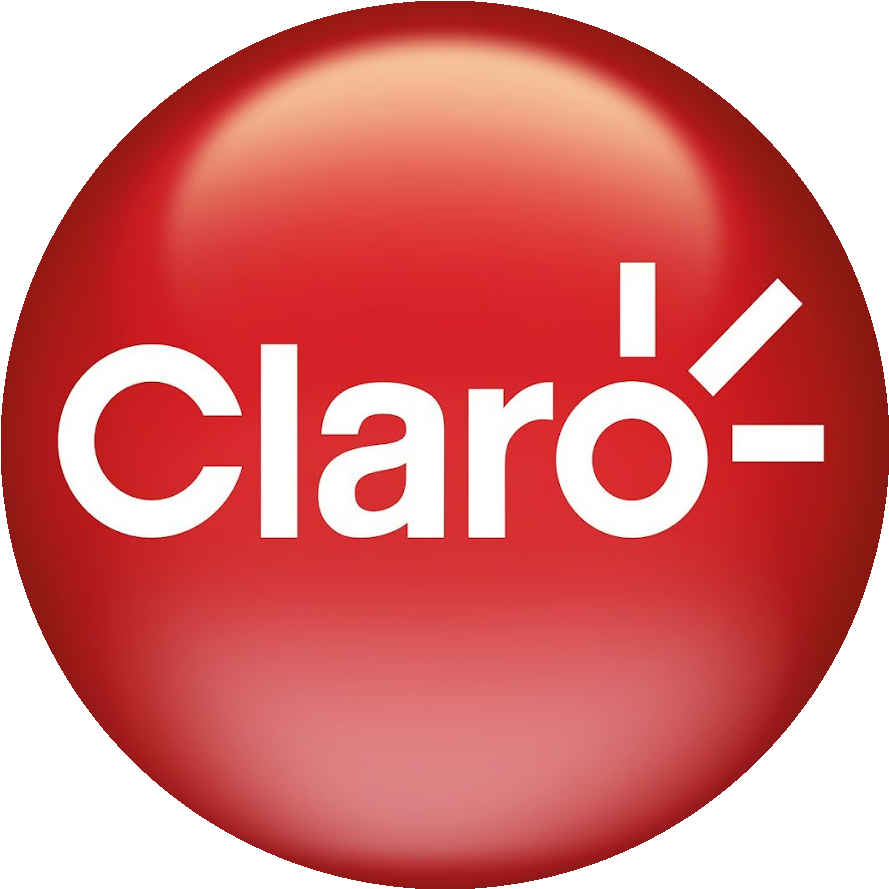
Here are some recent awards given to these top three companies:
- Kolbi users enjoy the fastest download speeds in the country
- Kolbi wins the best available quality of experience when streaming videos over the mobile internet
- Kolbi captures the Excellent Consistent Quality Award
- Kobi and Movistar are top in availability
- Claro leads in upload speed experience
- Movistar is the winner of the 4G Coverage Experience award.
As you can see, they all bring something to the table.
Depending on what you want and where you live, you can read more from the Opensignal Mobile Network Experience Report from June 2022 to find out more about their key findings.
FYI - Oversight and certification of cellphones
For those who worry or think Costa Rica is a third-world country, it’s not. All cell phones sold in Costa Rica must be unlocked and certified by SUTEL, similar to the FCC in the U.S. and the CRTC in Canada.
In Costa Rica, as elsewhere, the companies still compete, so consider which operator offers you the coverage in your area, the data speed rates, and their contract conditions.
How to use a phone in Costa Rica
There are two ways to have a phone in Costa Rica.
One way is to have an international plan from the U.S. or Canada. Almost any phone will work, but the roaming fees are exorbitant if you don’t have a global plan from your North American company.
The other is buying a Costa Rica phone or a local SIM card to convert your phone to a Costa Rican number.
A Costa Rican SIM card will cost you the following (of course, depending on daily exchange rates):
Kolbi — ₡1000 or $1.77 USD
Movistar — ₡1500 or $2.66 USD
Claro — ₡790 or ₡1500 or 1.40-2.66 USD
You can buy a SIM card at any phone store or one of many kiosks around the country.
Some prepaid SIM cards come with a plan, and credit is already loaded. You can buy them at supermarkets and small phone stores.
We recommend that you ensure the SIM card is installed and working correctly before leaving the store. No need to get home, find out it’s not working, and go back to the store and figure it out in Spanish.
The cost to recharge your prepaid SIM card is anything you want it to be.
Depending on how much you use your phone to make local calls, you can spend $5-$20/mo. to recharge the SIM card.
Our real-world ex-pat phone plan

If you have family and friends worldwide, you don’t want to use your phone with a local SIM to communicate with them.
We live in Costa Rica and have family all over the world—California, Nevada, New York, and Europe, so to stay in touch with them with a regular phone plan would be too expensive.
After much figuring, we went this route—
We use a combination of our T-Mobile plan for two phones/lines for $98/Mo and a Kolbi SIM for our local CR number.
We loaded both SIM cards, one per phone, with $20.00 each about ten months ago and we’ve barely used half of it as of today.
Why? Because we only use our local line if there’s no other option. Luckily, there are many options when coordinating life here. Most businesses make contacting and coordinating with them easy via Facebook, websites, messenger, etc.
We recommend a dual sim or e-sim capable phone to have your North American and your CR numbers running simultaneously.
This is important if you travel back and forth or the globe.
Our T-Mobile is on our e-SIM, and a hard SIM card is in the slot. This allows us to have capabilities anywhere we travel for a total of $100 per mo. for both phones with unlimited data.
In addition, we use WhatsApp not to have any expenses to stay in touch with loved ones while living here. You’ll also find that most people and businesses in Costa Rica use WhatsApp to communicate with each other.
WhatsApp is a messaging app that uses the internet to send messages, images, audio, or video.
You can download WhatsApp for free here.
Internet Service in Costa Rica
Costa Rica has the second-best and highest internet coverage in Latin America. This should help you avoid problems connecting to the internet here.
It’s pretty much easy and convenient to get internet access here, thanks to the modern telecommunication infrastructure in the country.
The two major providers, Telecable and Liberty, have optic cable high-speed services in most cities and towns across the country.
There are other smaller providers throughout the country, which you can also check out.
Both companies offer complete packages, including WIFI, TV, and premium content, just like you’re used to.
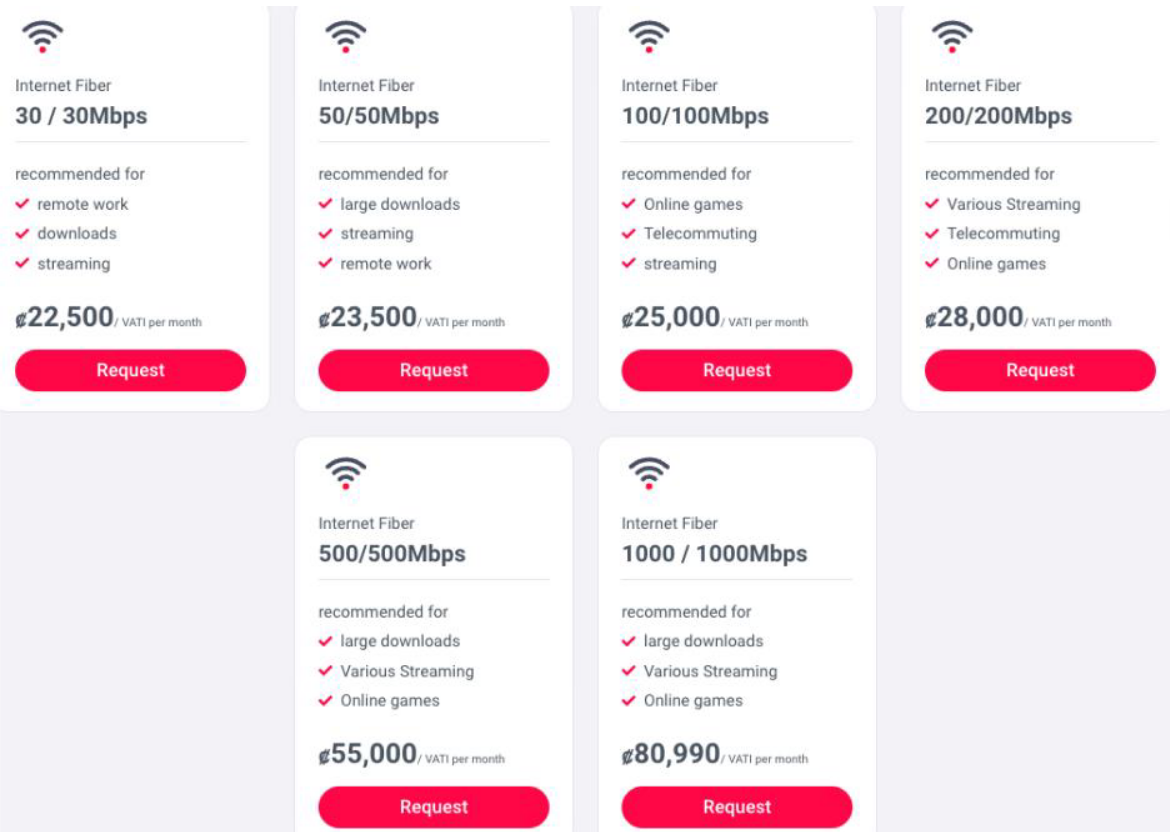
Telecable WIFI will run you from ₡22,500 or USD 39.96 to ₡80,000 or USD 142.09 per month.
The price depends solely on speed from 300 Mbps to 1000 Mbps.
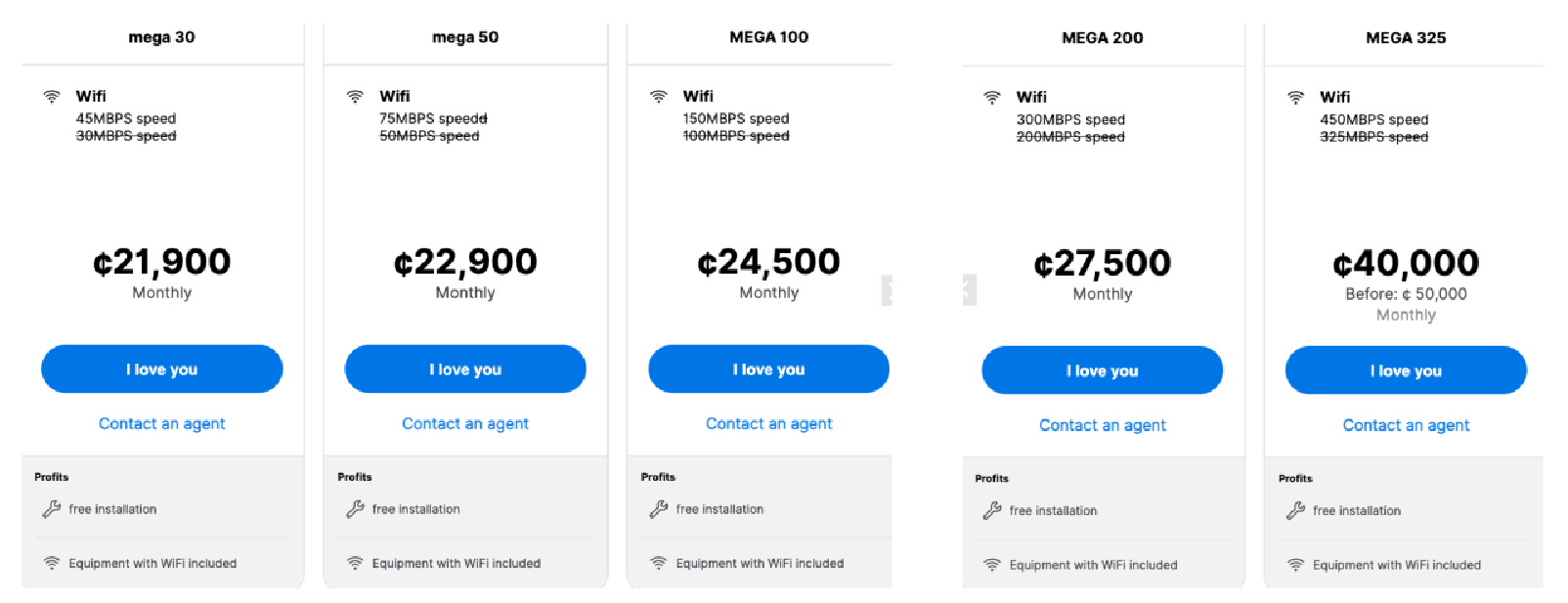
Liberty’s WIFI will run you from —₡21,900 /USD 51.51 per month to ₡40,000 / USD 71.43 per month. The price depends solely on speed from 300 Mbps to 450 Mbps.
*NOTE—While there is no fiber optic on the Liberty website, their service uses fiber optic.
The difference in cost between both plans falls squarely on speed. So, depending on how much speed you want, choose the plan that’s best for you.
Our real-world ex-pat internet plan
Because we earn our income online and have digital nomads staying on our property, having excellent internet service is a must.
We chose to go with two different services simultaneously for redundancy.
We have two high-speed fiber optic service providers for redundancy. This matters because cable services can go down more frequently depending on where you live. We live in a more rural area near the beach, so we wanted to be prepared.
Our two providers are Telecable, one of the biggest, and Coopeguanacaste, one of the smaller providers serving our region of Guanacaste.
We pay approximately ₡60,000 or USD 106.00 per month for both.
*NOTE— We only use the internet portion of their services, no combo packages.
A Final Thought
Internet and phone service in Costa Rica offers options for anyone.
The country has come a long way in the last few years with more competition and fiber optic internet cable.
Depending on where you live, where your friends and family live, what speed you want for the internet, and your budget, you can find the service that works for you.

